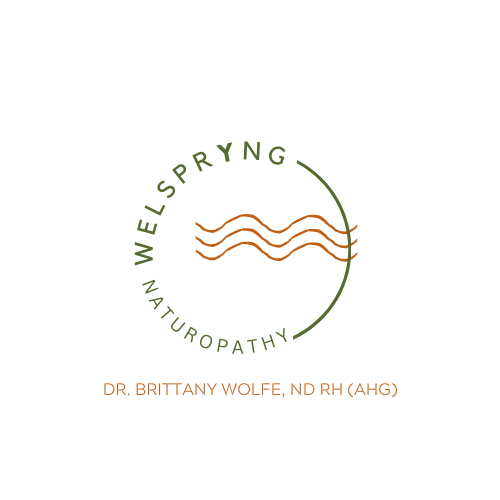Welcome to a paradigm of healthcare that bridges ancient practices of healing with evidence-based medicine.
Any body can benefit from naturopathic care. Although naturopathic medicine can help a great deal in symptom management, the goal of naturopathic care is to find the root cause of dis-ease. Often the cause of dis-ease is multi-factoral and includes diet and lifestyle, stagnant emotions, structural misalignments and environmental influence. As such, naturopathic doctors aim to understand the person as a whole and how these facets interact to either support or hinder your overall health.
Naturopathic medicine is both an art and a science.
Naturopathic doctors practice the art of healing by interweaving the modalities of our medicine including botanical medicine, acupuncture, homeopathy, manipulations, lifestyle counselling and nutrition. With a wealth of knowledge, we empower our patients through education and encourage them to cultivate their own health.
At its very core, naturopathic medicine is gentle and uses the inherent healing power found within ourselves and within nature. Many times we forget that our body is not only capable but intentional in the healing process; this is evident in the way that our bodies seamlessly knit broken bones, heal wounds and mount fevers to overcome illness.
Above all else, naturopathic medicine facilitates our call back to nature. Mother Earth is one our best medicines whether that be in the form of a brisk walk through the forest, a dip into cold river water or the extraction of medicine from one of the many herbs that can offer healing. The act of healing oneself is often inextricably tied to the act of healing the earth.
Education
Naturopathic doctors have a minimum of eight years of post-secondary education including a Bachelor degree with science credits including chemistry, physiology, anatomy, biology and psychology, and a four-year education at an accredited Naturopathic college. Within this vigorous four years, naturopathic students learn the intricacies of the human body including physiology, anatomy, biochemistry and psychology. We also begin the lifelong practice of honing our skills in the art of medicine by intimately learning botany, chinese medicine, manipulations, homeopathy and nutrition. Our final two years of study shift to clinical applications of acquired knowledge and provides the opportunity to practice physical exams, diagnosis, interpretation of blood work, hands-on therapies and case management.


